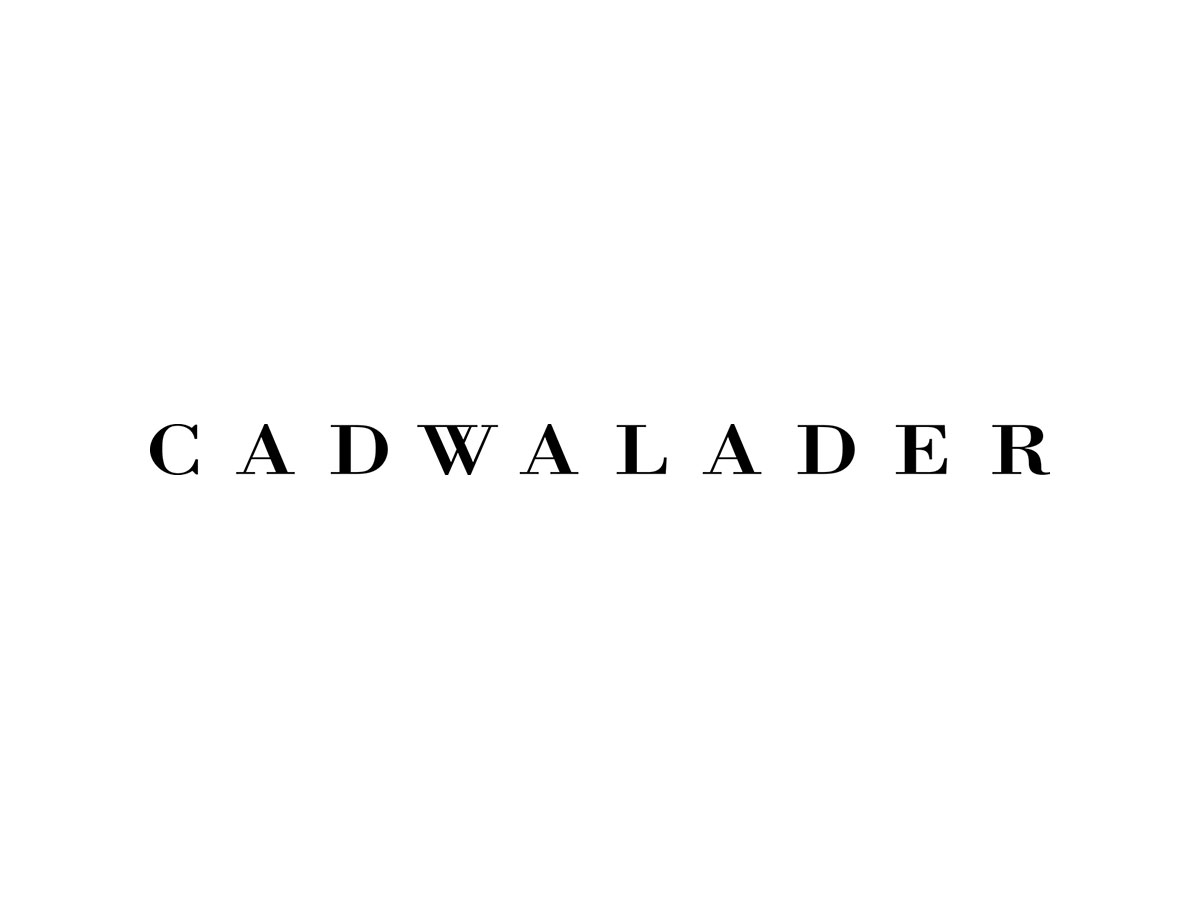
A draft report on the impact of crypto and blockchain on taxation was tabled before the European Parliament sub-committee on tax matters on 25 April 2022. The draft report consists of a motion for a European Parliament resolution, which, when passed, will be forwarded to the European Council and the European Commission. The draft resolution contains a range of recommendations for the European Commission and the EU Member States, including digital levelling-up for EU tax administrations, a European approach on the taxation of crypto-assets and enhancing crypto-asset information exchange among EU tax administrations. The draft resolution also emphasises the importance of sufficient anti-tax fraud policies in the digital and crypto space and suggests the exploration of the potential use of blockchain to facilitate tax compliance.
Use of technology by tax administrations
The draft resolution highlights, in the age of digital development, the importance of EU national tax administrations receiving adequate investment from the EU Member States in human resources training, digital infrastructure, and specialised personnel and equipment. In particular, the draft resolution points out that tax authorities adapting to new emerging technologies, such as blockchain and artificial intelligence, may make tax procedures more efficient, may facilitate tax compliance and may increase traceability of taxable transactions.
The draft resolution also highlights that such technology should, on the one hand, ensure that taxation better reflects the business environment in the digital age, and, on the other hand, guarantee high levels of data protection.
Tackle tax fraud and evasion
Especially in light of the development of the digital economy (including the growth of the types, and increasing use, of crypto-assets), the draft resolution calls on the European Commission to promote an assessment of the different national anti-tax fraud policies in the EU Member States and to create a new platform for sharing anti-tax fraud training and best practices between EU national tax authorities.
The draft resolution also calls on the European Commission and EU national authorities to ensure that blockchain technology develops in compliance with the rules on the processing of personal data, on cybersecurity and on anti-money laundering/combating the financing of terrorism.
Crypto-assets
The draft resolution acknowledges the legal uncertainty caused by the absence of a uniform definition of the tax base for crypto-assets. Also, it notes that the development of crypto-assets raises key questions regarding the type of taxation to be applied, when a taxable event happens and how crypto-assets are valued. Therefore, the draft resolution points out that the benefit of a European approach is concentrated in instruments linked to administrative cooperation and corporation taxation. The draft resolution further points out the need to further negotiate international instruments governing the taxation of crypto-assets.
In terms of corporate taxation, the draft resolution recalls that a fully integrated European single market requires a common approach on the taxation of crypto-assets. The draft resolution therefore calls on the European Commission to consider the crypto-asset dimension in the Commission’s existing proposals for a new framework for business taxation in the EU, known as the “Business in Europe: Framework for Income Taxation” (or BEFIT), which aims to move the EU Member States’ corporate tax system towards a common tax rulebook and fairer allocation of taxing rights between Member States. The draft resolution also calls on the EU Member States to take into account crypto-assets in their national tax legislation and reform programmes.
In terms of administrative cooperation, the draft resolution believes an amendment of the Directive on Administrative Cooperation is necessary for European legislators to further assess if other categories of income and assets such as crypto-assets are to be included in the Directive on Administrative Cooperation.
DAC 8
The European Commission has already proposed an amendment of the Directive on Administrative Cooperation, to be known as “DAC 8,” to enable EU tax administrations to obtain information necessary to ensure that taxation burdens across different types of taxpayers are allocated fairly − in particular, those taxpayers who earn money via crypto-currency. The European Commission is considering whether provisions are required in DAC 8 to ensure that relevant data regarding crypto-assets and e-money is included under the provisions for mandatory automatic exchange of information between EU Member States (i.e., under DAC2, which implemented the common reporting standard (the “CRS”) in the EU).
In March 2021, the European Commission launched a public consultation designed to strengthen its rules on administrative cooperation and to expand the information exchange between EU national tax authorities on e-money and crypto-assets. This public consultation closed in June 2021, and the findings will be introduced into DAC 8 later in 2022.
The ratification of the draft resolution would mean that the European Parliament will be giving support to the European Commission for the implementation of DAC 8.
As the implementation of DAC 8 will likely bring a host of additional reporting and regulatory requirements on crypto-asset owners and crypto-asset intermediaries, it is inevitable that developments in this area will merit continuing attention.
See more »
DISCLAIMER: Because of the generality of this update, the information provided herein may not be applicable in all situations and should not be acted upon without specific legal advice based on particular situations.
© Cadwalader, Wickersham & Taft LLP var today = new Date(); var yyyy = today.getFullYear();document.write(yyyy + ” “); | Attorney Advertising
Refine your interests »
This website uses cookies to improve user experience, track anonymous site usage, store authorization tokens and permit sharing on social media networks. By continuing to browse this website you accept the use of cookies. Click here to read more about how we use cookies.
Back to Top
Explore 2022 Readers’ Choice Awards
Copyright © var today = new Date(); var yyyy = today.getFullYear();document.write(yyyy + ” “); JD Supra, LLC
Author
Administraroot


